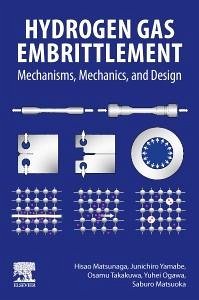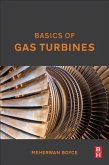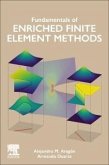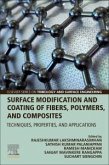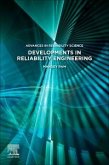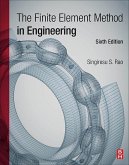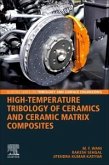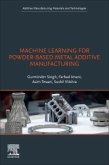Hydrogen Gas Embrittlement: Mechanisms, Mechanics, and Design enables readers to understand complicated hydrogen-material interactions and conduct better material selection and strength design for hydrogen components. The book reviews the fundamental mechanisms of hydrogen embrittlement, the various behaviors of hydrogen in metallic materials such as diffusion, solution, and trapping, and emphasizes the necessary properties for effective strength design of various materials under the influence of hydrogen, including tensile properties, fatigue life, fatigue limit, fatigue crack-growth, and fracture toughness. Sections provide experimental data obtained in hydrogen gas at various pressures and temperatures together with the fractographic observations, including practical interpretation of hydrogen compatibility of materials based on tensile, fatigue and fracture mechanics testing results. Material testing machines and methods, the effects of hydrogen on various BCC steels, austenitic steels, and non-ferrous metals, and practical applications and methods of strength design for hydrogen vessels and components are all included as well.
Hinweis: Dieser Artikel kann nur an eine deutsche Lieferadresse ausgeliefert werden.
Hinweis: Dieser Artikel kann nur an eine deutsche Lieferadresse ausgeliefert werden.

